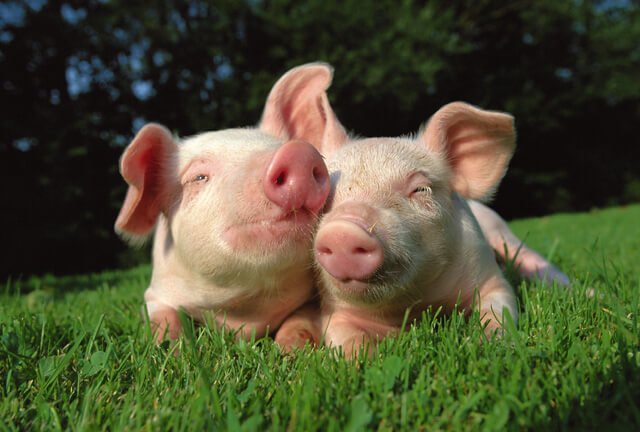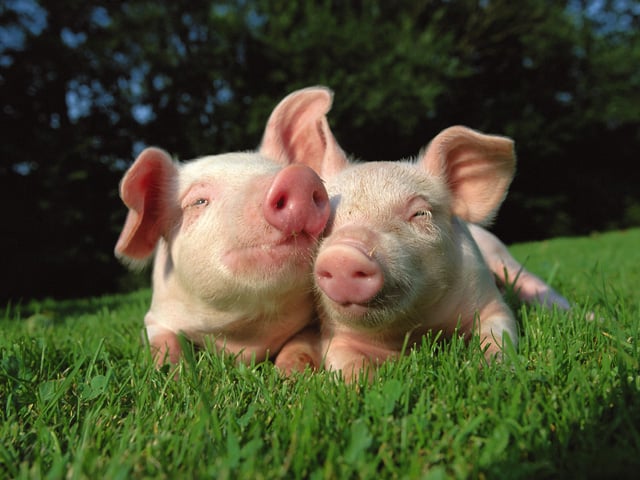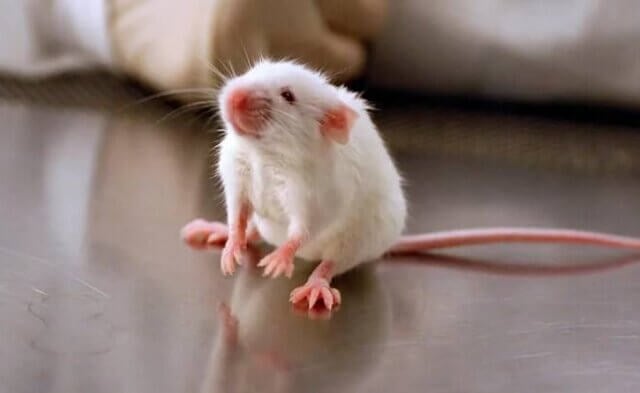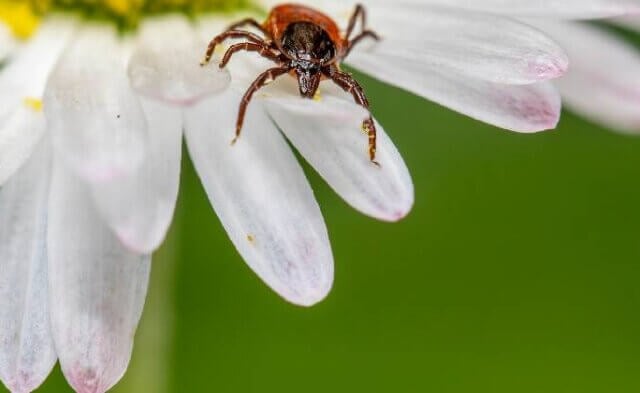As the largest vegan advocacy organization in the world, PETA has brought about landmark change for chickens, fish, cows, pigs, turkeys, lobsters, and other animals used for food. From shutting down a slaughterhouse in 1984 to prompting the first police raid of a factory farm in 1992, PETA has made historic progress. This is the first in the series examining PETA’s current cutting-edge work to save animals from suffering and often-painful death in the food industry. We begin with recent direct outreach to consumers.
Our colorful demonstrations call attention to the cruelty inherent in the meat, egg, and dairy industries, and our vegan food giveaways and other outreach events help show people that vegan food is tasty, healthy, environmentally friendly, and easy to find.
Here are just a few highlights from recent PETA direct outreach campaigns:
- We never miss an opportunity to distribute our informative vegan starter kits (VSKs) and other pro-vegan materials. During this year’s Fiesta Broadway, a popular Latino festival in Los Angeles, we gave out 1,500 VSKs in Spanish and 500 in English. Our eye-opening “Glass Walls” DVD was also a hit, and we handed out 200 copies in Spanish and another 200 in English.
- On National Hot Dog Day, PETA countered the North American Meat Institute’s distribution of flesh hot dogs when our “Lettuce Ladies” gave out 500 vegan hot dogs and delicious vegan ice-cream sandwiches to congressional staff members. Resulting media coverage usually focused only on the vegan food and completely ignored the presence of the meat lobbyists.
- PETA representatives handed out VSKs and other resources to pedestrians surrounding our “Try to Relate to Who’s on Your Plate” outreach events in Minneapolis; Des Moines, Iowa; and Omaha, Nebraska. People who would steer clear of anyone just passing out fliers walk up to such demonstrations, engage in conversation, and walk away with a VSK! These events also attract a lot of media attention, showing millions of people that they can help farmed animals just by going vegan.
- When a “vegan butcher” opened in Minneapolis, PETA’s “Lettuce Ladies” traveled there to distribute free samples of vegan Italian sausages and kielbasa and to make sure that the event was well publicized.
- Surveys show that PETA’s “I, Chicken” virtual reality program—which immerses participants in a world in which they can flap their wings, communicate with other chickens, take dust baths, engage in other types of natural behavior, and then go on their own journey to the slaughterhouse—has left many participants conflicted about eating chickens. They—and others who are still undecided—are sent away with more information to persuade them to stop eating chickens (and other animals). Around 10,000 people in the U.S. have already experienced “I, Chicken,” and thousands more have tried the “I, Chicken” programs of PETA India and PETA Australia.
- PETA held a “human barbecue” at the Ottawa Ribfest in Ontario. We’ve been holding similar demonstrations for years, but the media still find these events irresistible.
- A PETA demonstration at the dairy industry’s annual convention in British Columbia attracted a number of curious onlookers as well as Canadian reporters.
- PETA representatives set up an information table during Morrissey‘s concerts in South America and passed out pro-vegan literature to thousands of his adoring fans.
- PETA’s youth division, peta2, gave VSKs to public libraries in California, New York, Texas, Virginia, and Washington, D.C., and received an overwhelmingly positive response. A librarian at Hood County Library in Texas said that “they just flew off our rounder at the library” and requested additional copies in both English and Spanish. The executive director of the Ramapo Catskill Library System in New York requested enough VSKs to supply all 47 branches.
- Arkansas media reported on peta2’s Campus Rep of the Semester Award, which was given to a student at Arkansas Tech University for her work in expanding the number of vegan options on campus.
- During the Asian Lunar New Year, peta2 gave out free vegan dumplings, “Glass Walls” DVDs, and other resources at campuses across the U.S. peta2’s Asian-American outreach coordinator, Victoria Hong, and her vegan outreach efforts were covered by NBC News.
- Around Valentine’s Day, when students typically buy a lot of chocolate, peta2 campus representatives gave out anti-dairy leaflets and vegan chocolate hearts to call attention to the suffering of calves and cows.
- “The Right Side of History,” a peta2 exhibit featuring a 25-foot-tall inflatable display that contrasts a vegan lunch with a meat-based one, has appeared at several U.S. colleges and directly reached more than 16,000 students—and many of them snapped up VSKs.
- As a result of PETA’s outreach to consumers, our English- and Spanish-language “How to Go Vegan” pages have had more than 126,000 views in the last three months alone.
If you want to learn more about PETA’s efforts to help farmed animals, please visit our Issues page about animals used for food. You can further help us assist farmed animals by making a donation to support our vegan campaigns. Thanks for caring!






